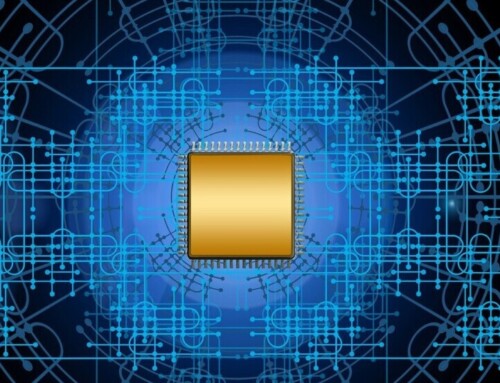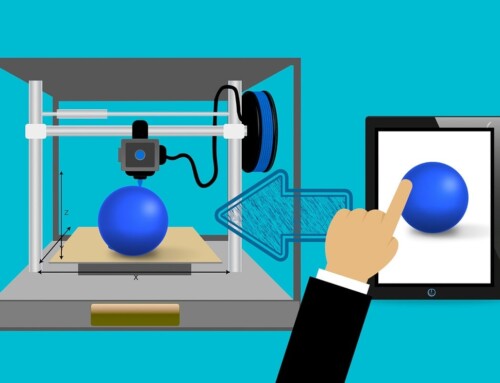May 14, 2025, Beijing – On the occasion of the 50th anniversary of the establishment of diplomatic relations between China and the EU, the “Conference on 50 Years of EU-China Relations” was held with great ceremony in Beijing. As a key EU-funded project supporting standardization cooperation, the Seconded European Standardization Expert in China (SESEC) was invited to attend the event, joining hundreds of representatives from political, business, and academic circles in Europe and China to discuss the current state and future direction of EU-China relations.

The forum featured three discussion sessions: one opening session and two parallel panel discussions. Participants engaged in in-depth exchanges on four core topics: strategic cooperation between the EU and China in a multipolar world, the history and prospects of bilateral trade relations, cooperation in green development and climate governance, and technical cooperation cases in geographical indications and intellectual property.
In the opening remarks, EU representatives candidly stated China is a partner, but also a competitor and a systemic rival. This perception has evolved over time and continues to do so. EU representatives’ perspective vividly reflected the multifaceted nature of current EU-China relations.
During the trade discussion session, Ms. Marjut Hannonen, Head of the Trade Section, EU Delegation to China, noted that since China introduced its dual circulation strategy in 2020, EU exports to China have continued to decline, and the issue of trade imbalance has become increasingly pronounced and urgent. She also remarked that China’s rapid economic development has posed many challenges to European industries.
Chinese experts responded positively. Prof. Ding Chun, Dean of the Centre for European Studies at Fudan University, emphasized: “The transformation and upgrading of China’s economic model is inevitable. We are working to build a more balanced internal and external circulation system.” Prof. Su Qingyi, Head of the International Trade Department at the Institute of World Economics and Politics, Chinese Academy of Social Sciences, added: “China has always valued economic and trade cooperation with the EU and is willing to explore new areas of collaboration with the European side.”
In her concluding remarks, Ms. Elisa Hörhager, Chief Representative of the Federation of German Industries (BDI) in China, stated: building a more balanced trade relationship is crucial for both sides. The EU and China need to innovate cooperation mechanisms to adapt to a rapidly changing economic environment. Her view was widely supported by forum participants.
In the green governance discussion, Chinese representatives reiterated that green development is a cornerstone of bilateral cooperation. European representatives emphasized while deepening dialogue, we also expect tangible progress on specific issues such as market access.
Amid today’s complex global trade environment, SESEC reaffirmed its commitment to advancing China-EU standardization cooperation, pledging to continue providing technical alignment support to help build a more resilient bilateral economic and trade relationship.





